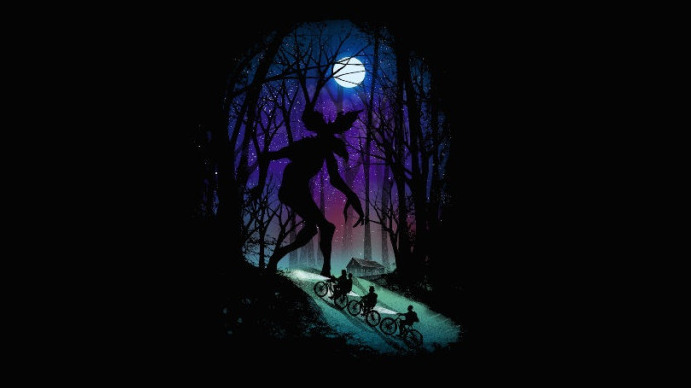Tl;dr at the end, this got way longer than I wanted it to.
OK I read the article that started all this: https://www.theatlantic.com/magazine/archive/2024/11/the-elite-college-students-who-cant-read-books/679945/
Link without paywall: https://archive.md/vcKiO
And it seems like this all blew up because people are conflating two separate ideas:
- Changes in policy over the past few decades such as No Child Left Behind has incentivized middle and high school teachers to drop long-form content from their curriculum in favor of short-form excerpts and articles, resulting in now-college students being unprepared for how to read and engage with full books they're being assigned and being completely unfamiliar with historically important works.
- YA books (such as Percy Jackson) are not intellectually stimulating and don't have cultural value, adults should be embarrassed to admit such books are their favorite over cultural classics such as The Iliad.
The article is trying to tackle the first topic for 90% of the time, but the last two paragraphs are worded in such a way that implies the second and specifically singles out Percy Jackson, implying that college students naming it as a favorite is a symptom of the "grim picture of young people’s reading habits."
Many of those who grew up with Percy Jackson as kids are now college-aged. They understandably got defensive at the implication that their love for the series is to blame for their struggles to complete their assigned reading.
Before I continue, I need to say that liking Percy Jackson is not bad. It being your absolute favorite book is not bad. I am a huge fan of the original series and HoO (I haven't finished the newer ones unfortunately).
BUT I see where the article and the professor it was quoting are coming from.
What I think is the intended implication of mentioning the "college students say their favorite book is Percy Jackson" thing is: many college students if they read at all haven't read beyond the YA genre and as such aren't aware of the complex topics and joy that comes of reading classic works. (I agree with this, many classic works are interesting and I think they get underrated.)
But what people heard was: What you read for fun in your free time, what you enjoy reading, is not worth reading at all. Only the classics are proper reading for adults.
Because the professor didn't ask "What do you think is an important book?" or "What do you think is the best book in history?", he asked "What is your favorite book?" and the students answered honestly with a book they enjoy. If the students who haven't read any of the classics yet did read them, perhaps their favorite would change, maybe it wouldn't. It doesn't really matter because apparently you're supposed to lie about your favorite to look smart anyways (sarcastic).
Honestly, it's a good article overall. I agree with it until the end, it would be better without the last two paragraphs. And the last sentence especially, "To understand the human condition, and to appreciate humankind’s greatest achievements, you still need to read The Iliad—all of it."
It sounds so condescending. In the context of the rest of the article it means that reading a full work rather than excerpts is necessary to truly immerse yourself in it and understand it. The article just talked about how "...deep reading—sustained immersion in a text—stimulates a number of valuable mental habits, including critical thinking and self-reflection, in ways that skimming or reading in short bursts does not." But even with that context when I read that last sentence I had to scoff. No wonder people got upset about it! It sounds so arrogant that it completely outstrips the rest of the article!
If you just cut away the last two paragraphs this article would be a great discussion about how the education system has left college students unprepared to read long-form text, how reading and overall reading is down, but instead it leaves off on a sour note. The majority of the discourse on both sides is completely misunderstanding what the article was about in the first place and just focus on those last two paragraphs, but I completely understand how people got the impression that the whole article was looking down on them for their reading choices because the last two paragraphs--the conclusion--the part of an article that is supposed to sum up the ideas of the whole article--is worded in a way that kinda does if you don't put it in the larger context.
Tl;dr: The article is actually about how middle and high school teachers are incentivized to teach around short excerpts instead of the whole book which has resulted in college students no longer knowing how to read long-form text and is affecting overall reading rates, a poorly worded conclusion used a quote that singled out Percy Jackson and ended on the most condescending sounding sentence I've ever read that lead YA fans to get defensive and classics fans to dig in their heels. And now we're here.



















